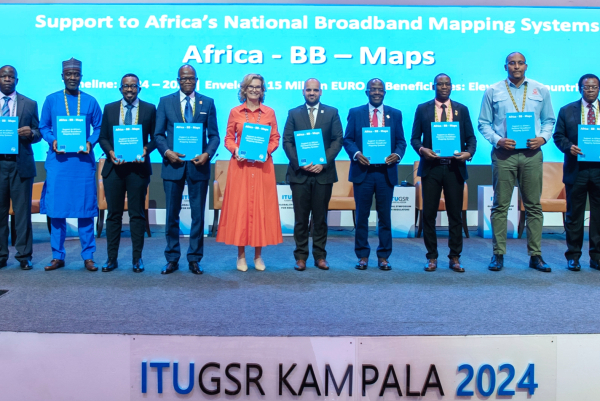With less than a third of Africans having access to high-speed internet, broadband adoption remains uneven, with connectivity often being either costly or unreliable across the continent. However, initiatives are underway to address this disparity.
On Thursday, July 4, the International Telecommunication Union (ITU) announced the launch of the Africa Broadband Maps project in a statement made during the 2024 Global Symposium for Regulators in Kampala, Uganda. This broadband mapping initiative, supported by the European Commission, aims to establish mapping systems to encourage investment and digital transformation across Africa. With a budget of €15 million over four years, the project will initially benefit 11 countries: Benin, Botswana, Burundi, Côte d'Ivoire, Ethiopia, Kenya, Malawi, Nigeria, Uganda, Zambia, and Zimbabwe.
The initiative, led by the ITU's Telecommunication Development Bureau (ITU BDT), aligns with the organization's efforts to improve digital connectivity on a continent where internet access remains limited in many regions.
According to the "Connecting Africa through Broadband" report published by the Broadband Commission in 2019, an estimated $100 billion needs to be invested over ten years to provide comprehensive broadband coverage across Africa. About 80% of this amount is earmarked for the deployment and maintenance of networks, 17.5% for developing local digital skills, and approximately 2% for creating an appropriate regulatory framework.
The Africa Broadband Maps project aims to identify areas with insufficient broadband coverage or substandard internet speeds. The findings will enable policymakers to allocate resources efficiently, ensuring that investments in infrastructure expansion are both effective and equitable. This initiative is expected to play a crucial role in closing the digital divide and fostering economic growth, education, and innovation across the continent.
Samira Njoya



















